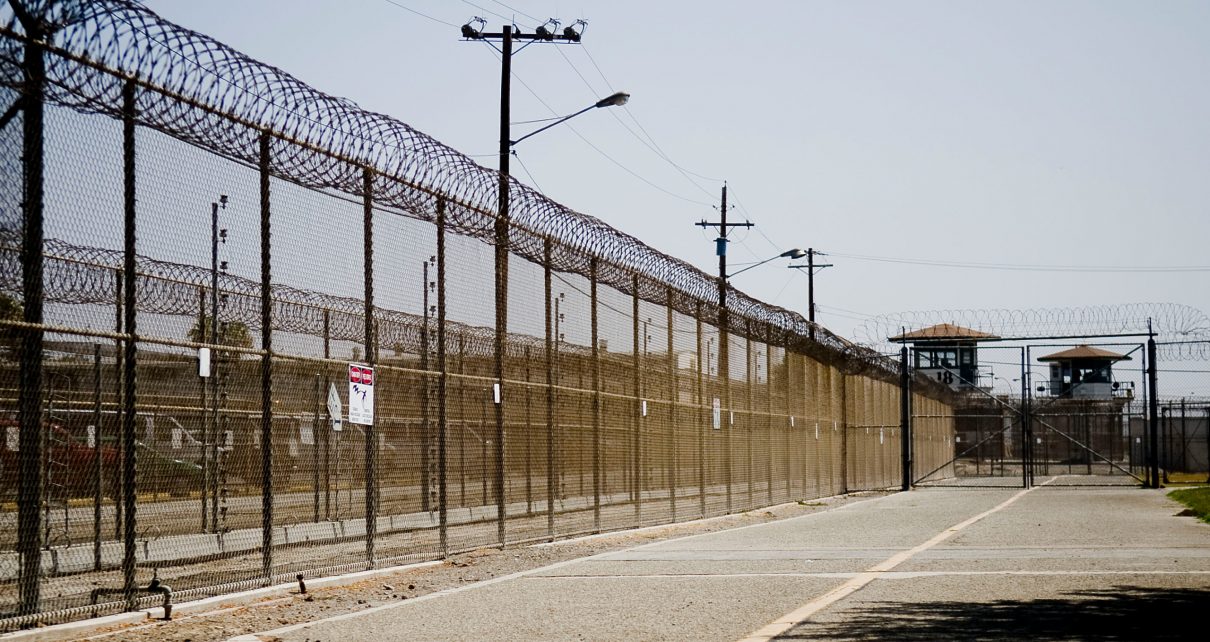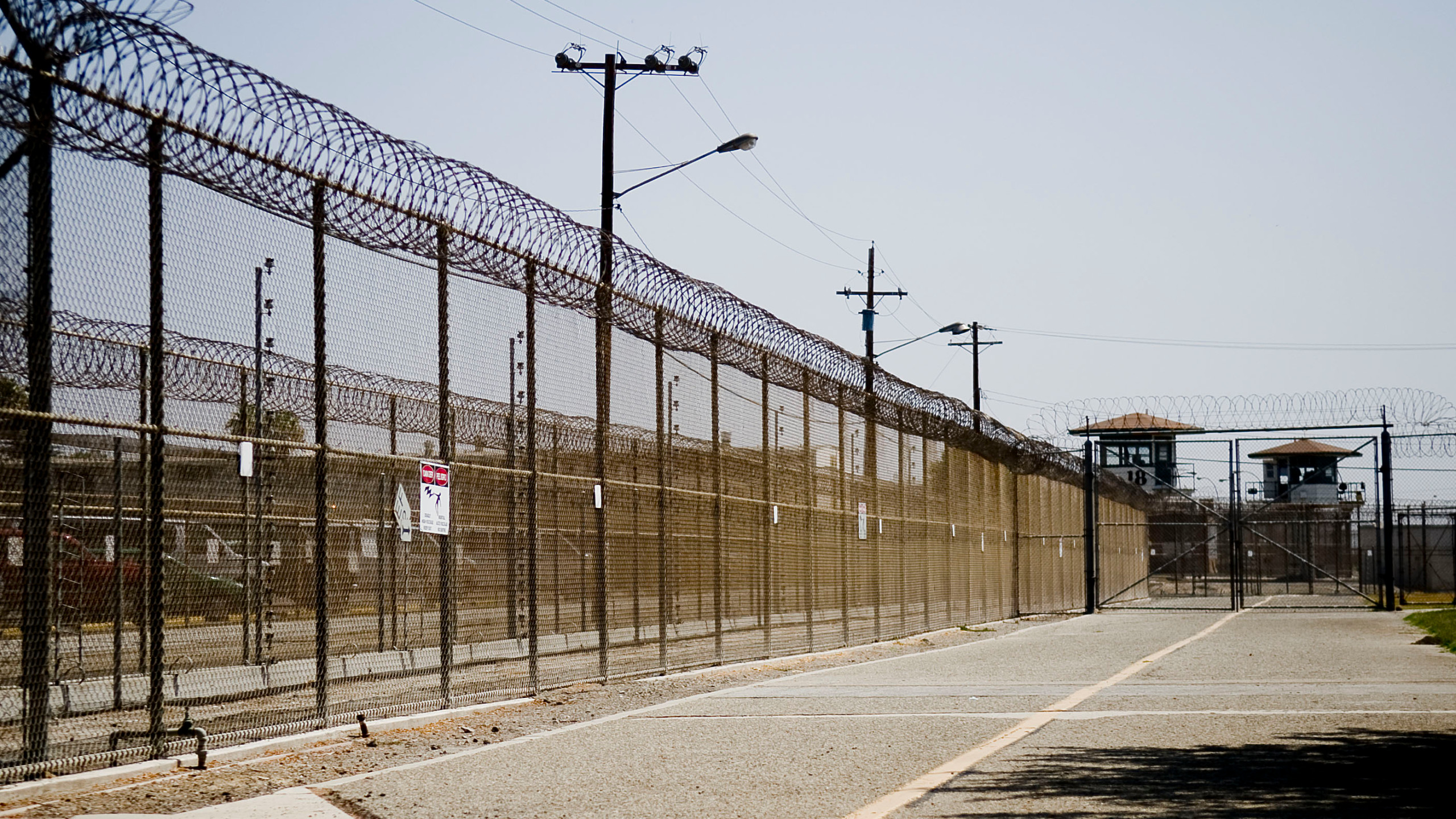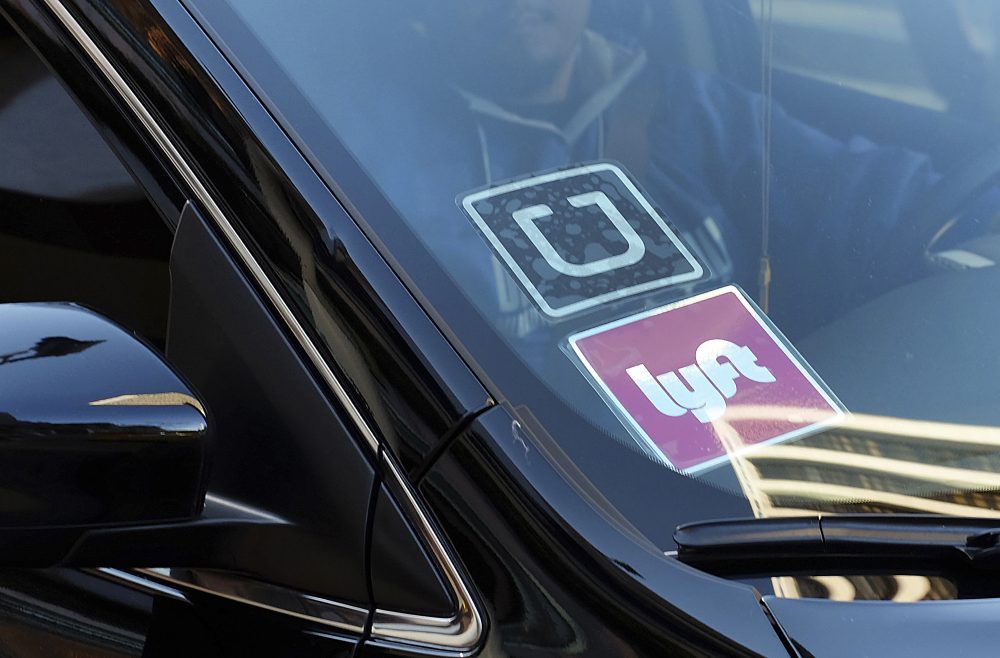
Outside the California Institution for Men in Chino. (Photo: cdcr.ca.gov/)
The Possible Prop 17 Backfire
With ex-convicts set to vote, ex-convicts may actually tilt votes in favor of Republicans in California
By Evan Symon, November 27, 2020 4:54 pm
Following the passage of Proposition 17, which allows former convicts the right to vote, in the November election, many thought that the proposition would mostly benefit Democrats in elections. However, while that may be more of the broad trend, especially in California, ex-cons being allowed to vote may actually benefit Republicans in closer, on the fence races.
Some surveys have shown that ex-felons tend to actually vote more Republican, with Trump actually out-polling Biden among ex-convict voters, including minorities.
Another study showed that many states would have had increased Republican output from ex-convicts voting in previous contested elections, including more votes in Florida for George Bush in 2000 largely due to the inmate population demographics.
“Assuming ex-convicts will vote Democrat is dangerous, because we have seen that many just don’t,” explained prison psychological assistant Cody Adams to the Globe. “And in states like California that are allowing this, they may have unleashed a more Republican-leaning voter group.
“A lot of prisoners I’ve helped interview wouldn’t want to vote even if they were allowed. That’s actually been the number one response. But when asked in 2012, more said they would vote for Romney. In 2016, it was Trump, by far, over Clinton. And in 2020, it was tighter, but more said Trump over Biden.
“They would also vote against higher taxes and school bonds. Local candidates were a bit more confusing because different areas met with different responses. Most didn’t even know who their representative was or who was running. But indications were more for Republicans than Democrats.”
A possible bump for Republicans from Prop 17
“But this is where it gets interesting,” continued Adams. “Now, for California, there were still many for Democrats. Of course. But many of these ex-convicts were from more urban areas where Democrats are a lock. In more red and purple districts, it was a bit more red, and that’s where it could be an overall benefit.
“Ex-cons, even if they all voted, wouldn’t be that big of a voting group. There are only around 46,000 active parolees in California, so dispersed among, say, House districts, it may only be a few hundred votes of party difference. But for a close election, say, like the currently still undecided 25th Congressional District race where there is a difference of a few hundred, it could be a game changer.
“And look at where the people who can vote again under Prop 17 are from. They aren’t from traditionally more liberal areas like along the coast. Many are in more red areas, and those tend to be more white, more male, and more likely to vote Republican.”
Prop 17 was far from being a solely “Who will they vote for?” type of issue. Many voters simply cared about giving reformed criminals their rights back or not believing that former criminals should be allowed to vote again as part of their punishment and as a continual form of justice.
The Election Integrity Project California, which was one of Prop 17’s biggest opponents, even said that “A period of parole gives the former criminal powerful reminders of what true liberty is by withholding just enough of it to incentivize further appropriate behavior so as to earn the rights just beyond the fingertip.”
But despite that, the survey evidence and from what people who have asked convicts what their voting habits would be show that a big swing of new Democratic voters is very unlikely and could even help out the GOP in the number of new gained voters like what other states saw with similar lessening of ex-convict voter restrictions.
“Time will tell,” added Adams. “But it is for certain that Prop 17 will allow ex-cons to vote and it is certain that it won’t be a big wave of Democrats like what some think.”
- Bill to Require Law Enforcement Disclosure if AI Was Used To Help Write Reports - August 7, 2025
- Gov. Newsom Files FOIA Request To ‘Expose True Cost’ Of L.A. Federal Troop Deployment for Anti-ICE Riots - August 6, 2025
- California Redistricting: How Newsom’s Plan Will Demolish Hard Fought GOP Gains - August 6, 2025




